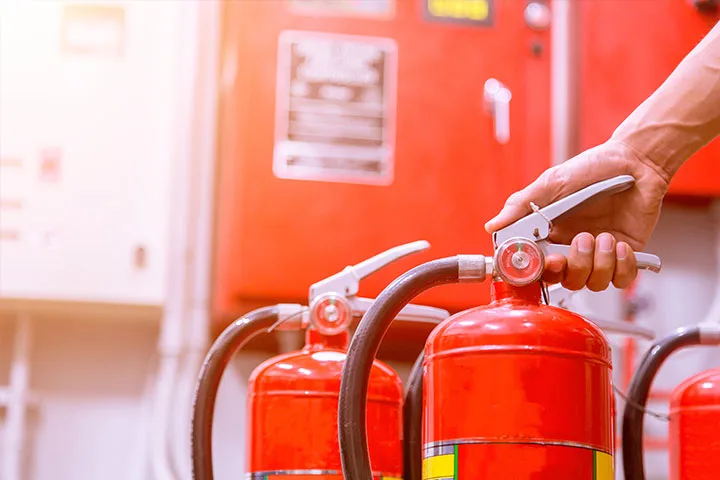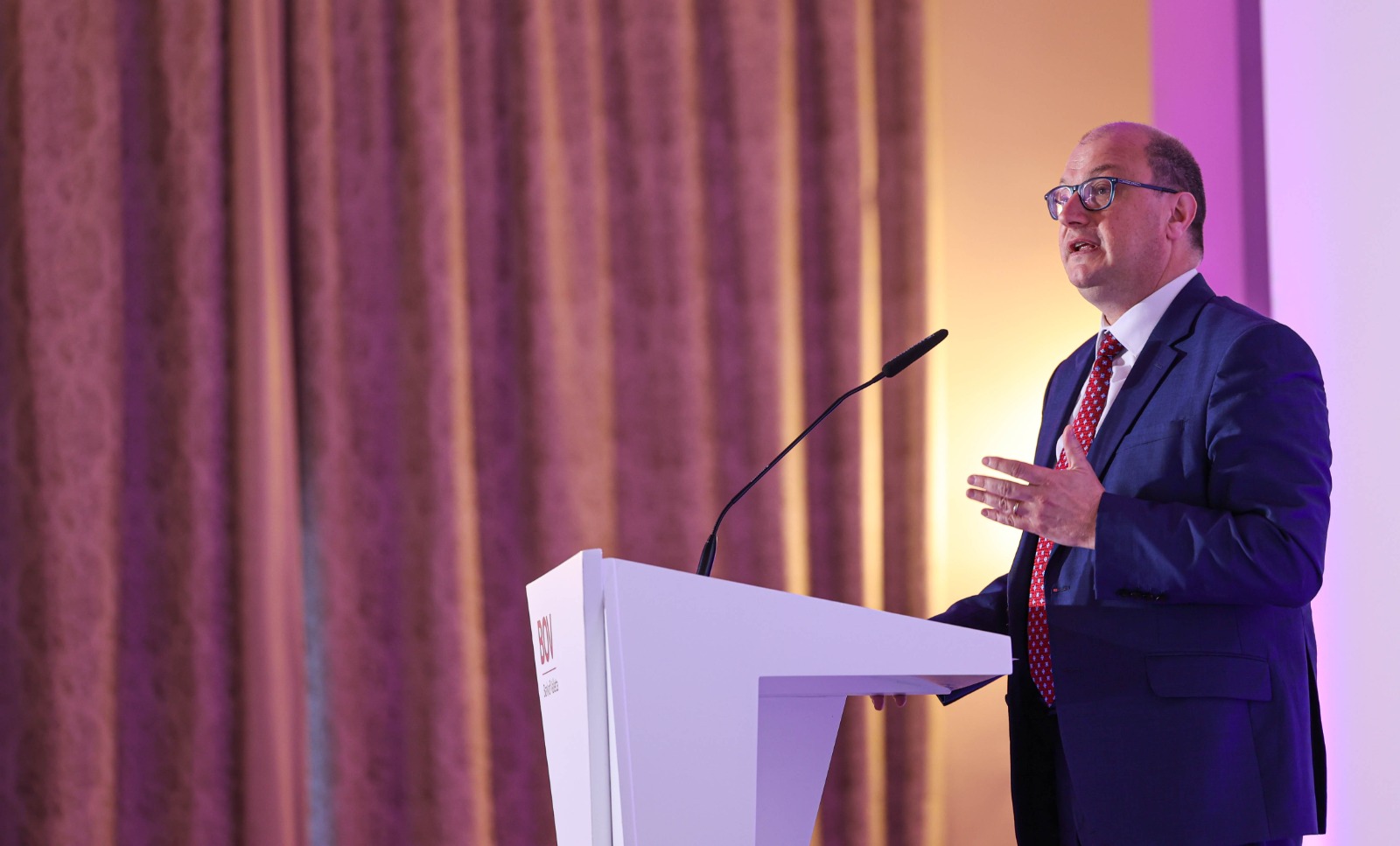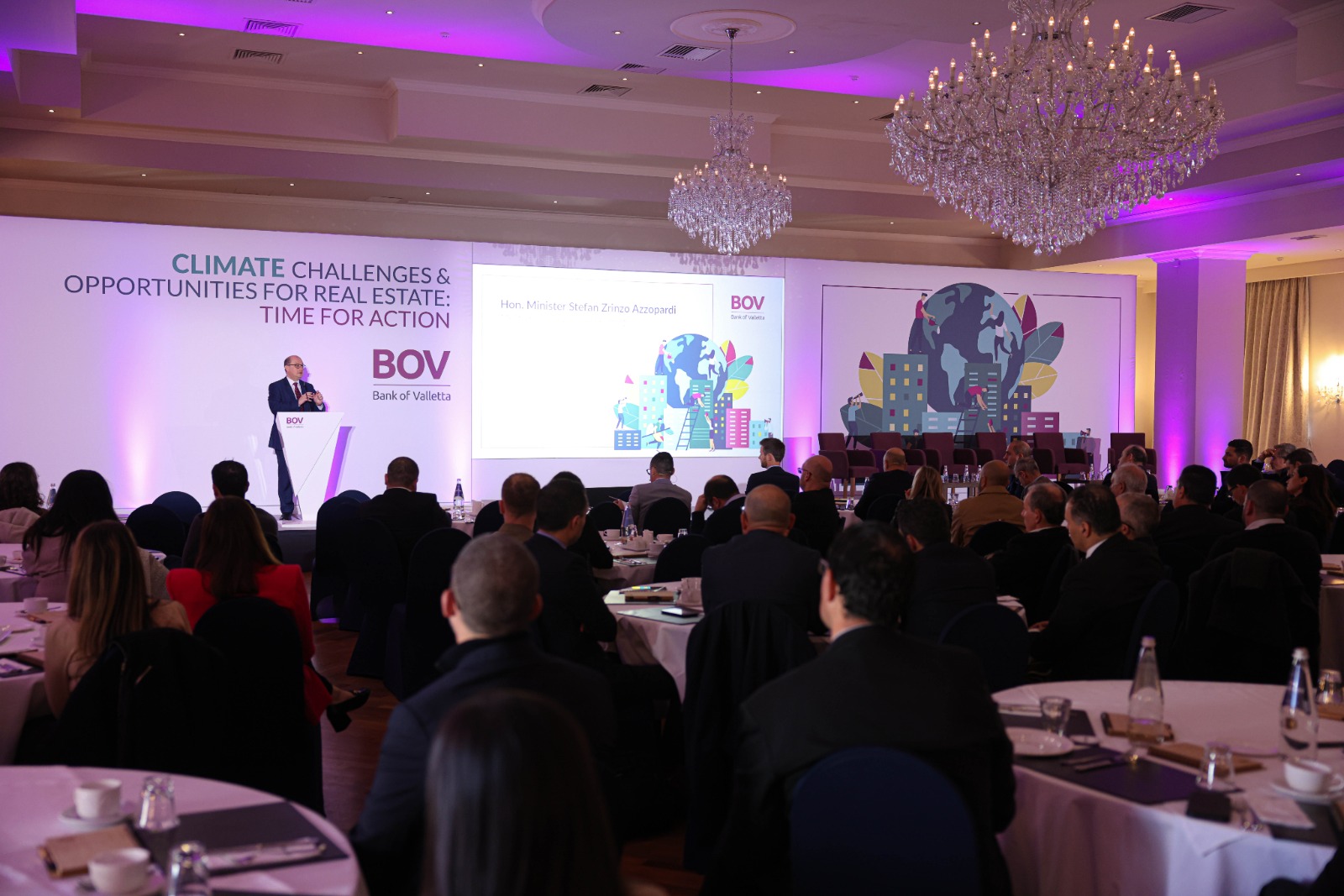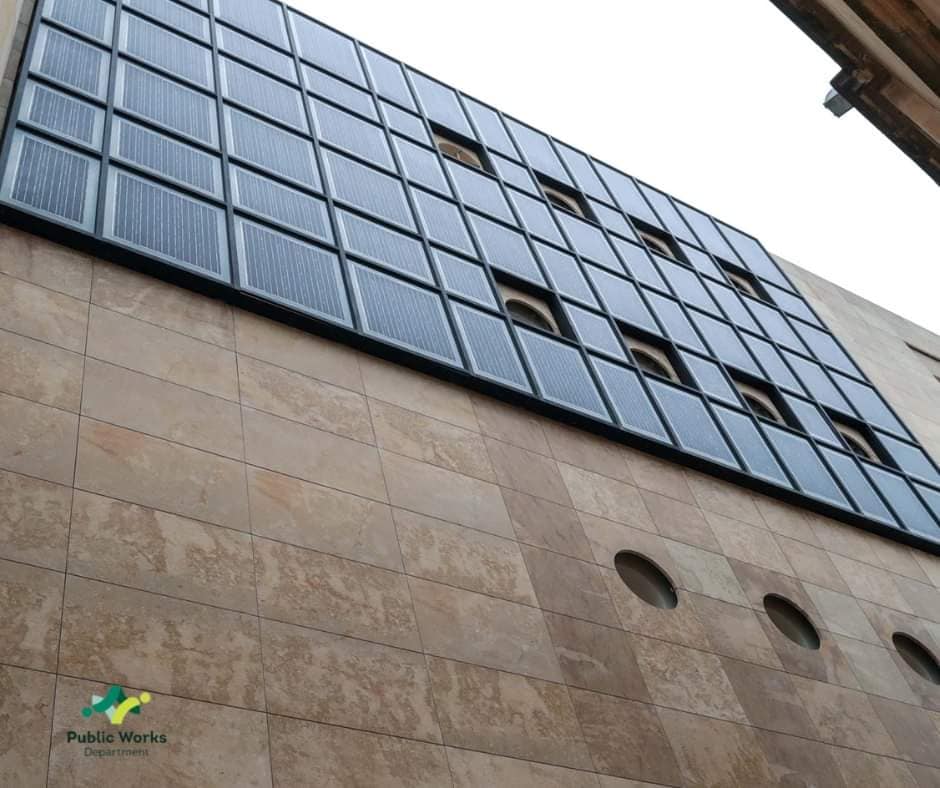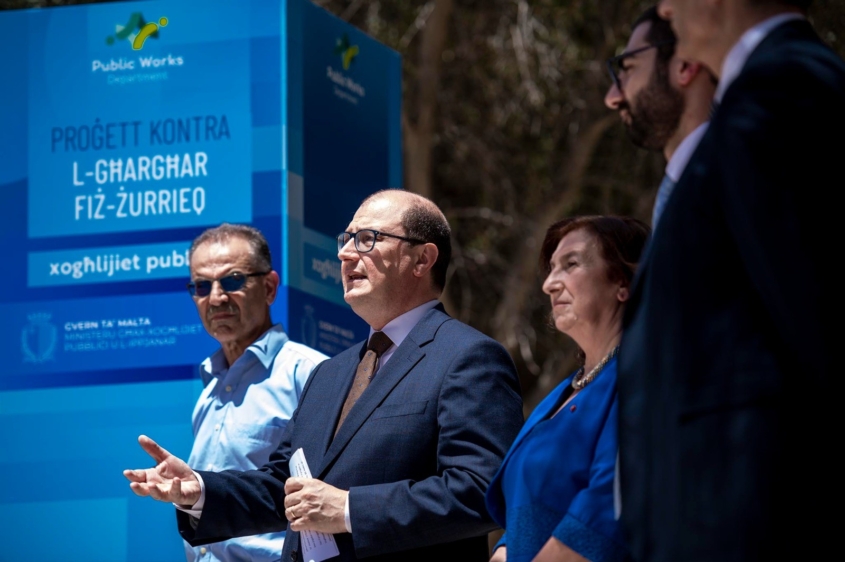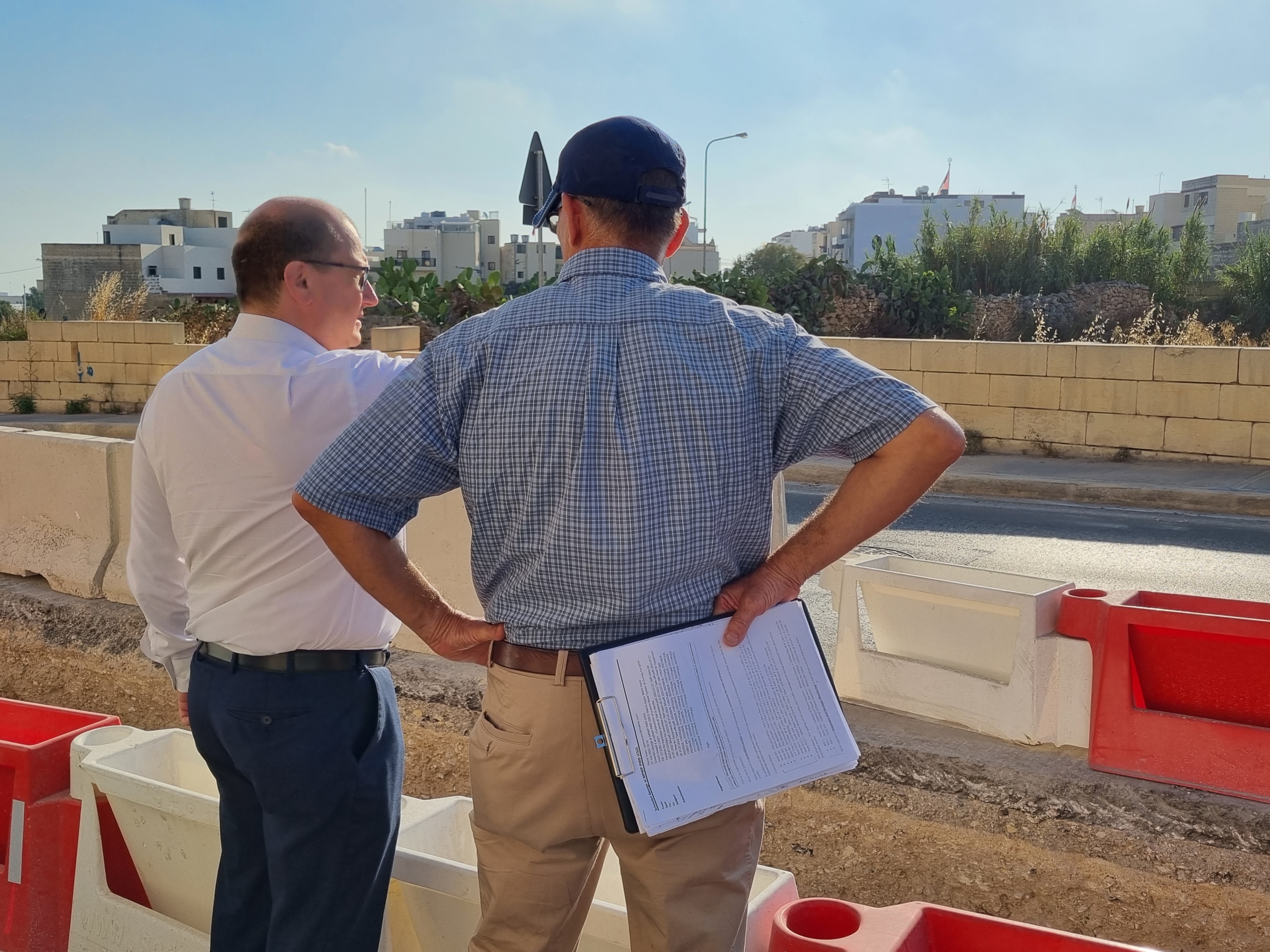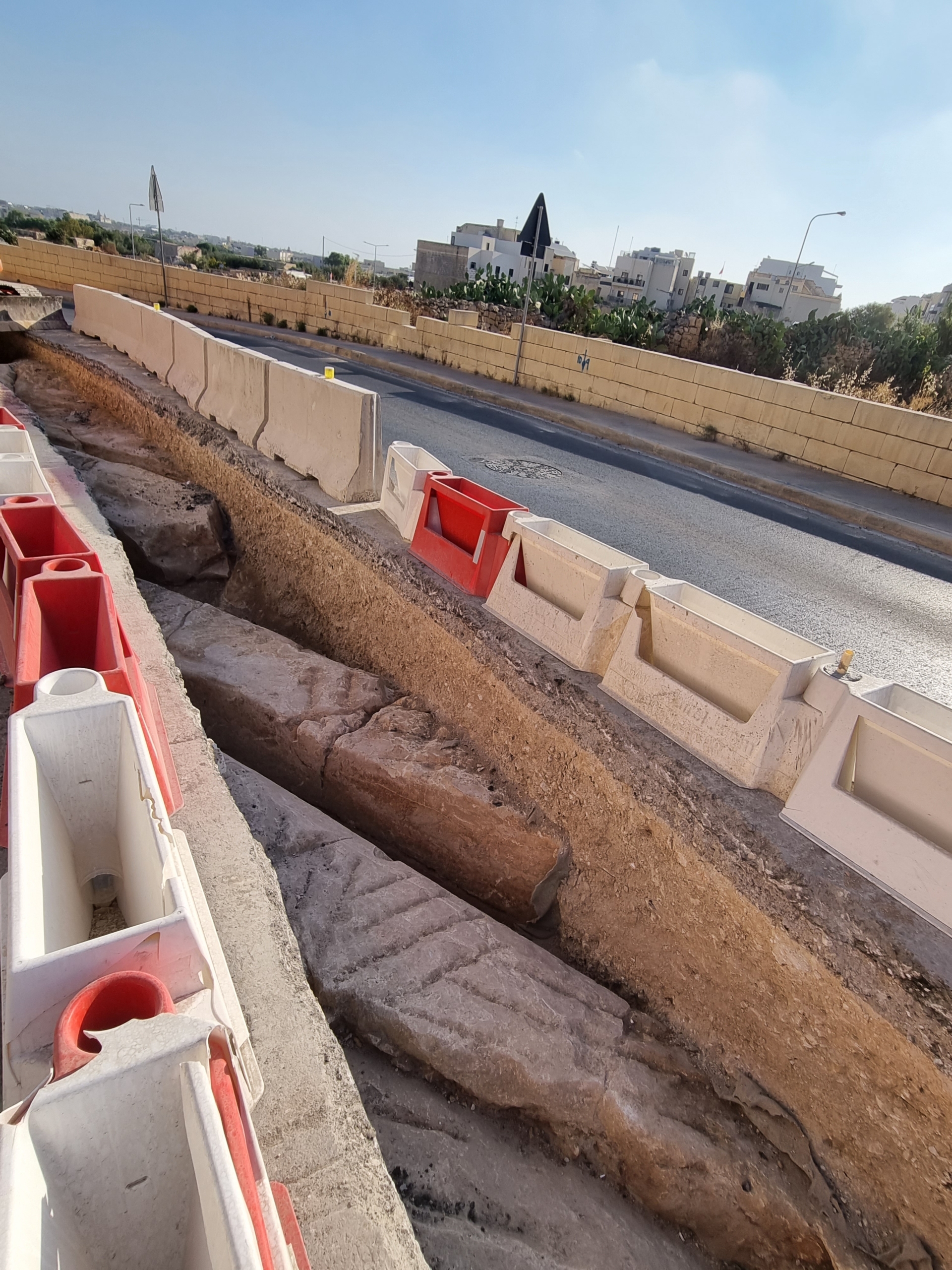Our collective commitment has to be based and focused on one direction – higher standards in the construction industry.
We can only achieve this if we collectively understand that the upgrade of this sector is not simply about better designs or better implementation during the constructions phase of the building but we must also plan and achieve higher quality in the functioning of the buildings we construct, utilise and occupy.
Adopting a fire standard in buildings is not only about the drafting and approval of a document which will acquire legal enforceability. It is an important task that must be undertaken in a timely manner that evaluates the current situation as well as forges a way foreword in order that the new standards are adopted in a seamless manner.
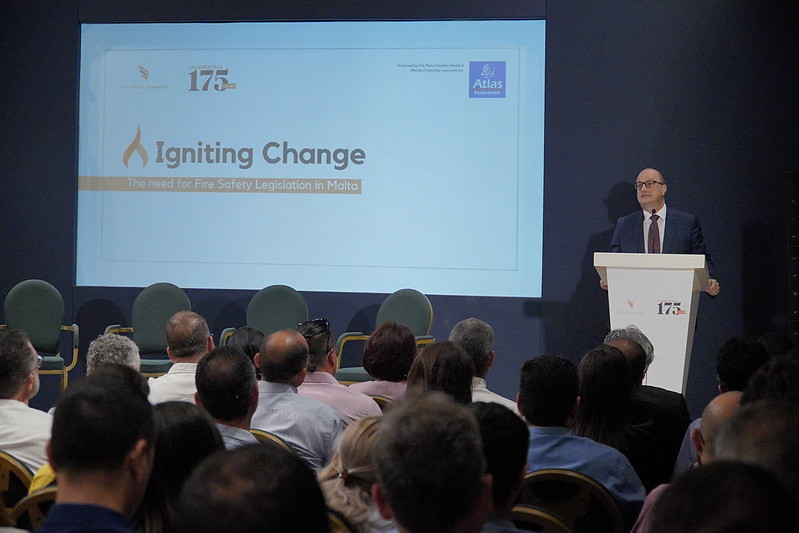
These standards need to address two important aspects. On the one hand the standards will guide professionals in the design of buildings with particular reference to the construction of a building as well as the design of fittings that will be included in the building. On the other hand the standard must define the level of upkeep in a building to ensure that the required levels of safety are adhered to during the lifetime of a building.
This standard is therefore about people’s safety and people’s lives. The drafting of the standard has to be the result of a solid interface between the Building & Construction Authority which is responsible for building codes together with the Civil Protection Department that has various important responsibilities in relation to this specific topic.
I cannot stress enough the need to create awareness with regard to fire safety. The process of change cannot simply be based on a technical discussion of a document that shall establish the legally enforceable standards. We need to make the public as well as all interested parties in the sector aware for the need of improvement in this particular aspect. Sometimes I get the impression that people in Malta think that fire does not pose risks to Maltese buildings. This is completely untrue.
Recent experiences have shown the risks our various buildings have and how a timely intervention by using safety equipment on site coupled with an efficient and effective Civil Protection Department can save people’s lives. We are facing new challenges resulting from taller buildings, car parking spaces under residences, the new realities of electric cars as well as the presence of more potentially flammable materials in the various buildings we occupy. All these matters confirm the need for a structured process towards more fire safety.

The implementation of Fire Standards is not simply a law enforcement process. It has to be coupled with the presence and availability of recognised trained and qualified professionals and technical personnel who can carry out the Works that are needed within buildings to ensure that these standards can be achieved.
We need to undertake a widespread process that bolsters the certifying processes that are currently available. This shall require a wide discussion with the Chamber of Architects, the Chamber of Engineers as well as other institutions and stakeholders to ensure the availability of the necessary framework.
As Government we are committed to spearhead more reforms towards higher standards in the contruction and real-estate industries. The Contractors’ Licensing process is a concrete example of our commitment towards this change. This change can be carried out if it continues to find the support of stakeholders, professionals and all involved parties in this sector, particularly the general public that utilises all forms of buildings. As a country we need to undertake one solid commitment: Let us do things better.
